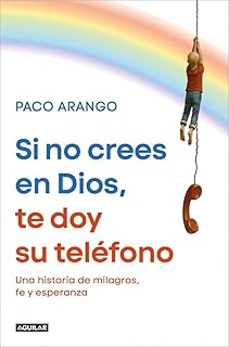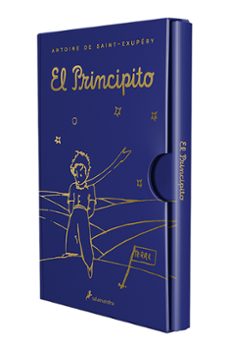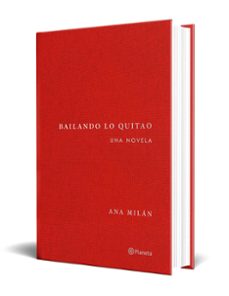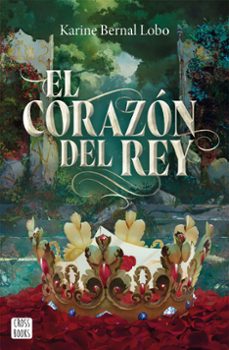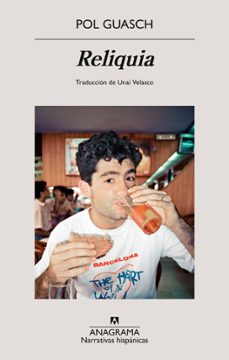📗 Libro en inglés THE WORLD GOES ON
PROFILE BOOKS- 9781788160124
Sinopsis de THE WORLD GOES ON
Shortlisted for The Man Booker International Prize 2018
A Hungarian interpreter obsessed with waterfalls, at the edge of the abyss in his own mind, wanders the chaotic streets of Shanghai. A traveller, reeling from the sights and sounds of Varanasi, encounters a giant of a man on the banks of the Ganges ranting on the nature of a single drop of water. A child labourer in a Portuguese marble quarry wanders off from work one day into a surreal realm utterly alien from his daily toils.
In The World Goes On, a narrator first speaks directly, tells twenty-one unforgettable stories, then bids farewell (''for here I would leave this earth and these stars, because I would take nothing with me''). As László Krasznahorkai himself explains: ''Each text is about drawing our attention away from this world, speeding our body toward annihilation, and immersing ourselves in a current of thought or a narrative...''
The World Goes On is another masterpiece by the winner of the 2015 Man Booker International Prize. ''The excitement of his writing,'' Adam Thirlwell proclaimed in the New York Review of Books, ''is that he has come up with his own original forms-there is nothing else like it in contemporary literature.''
A Hungarian interpreter obsessed with waterfalls, at the edge of the abyss in his own mind, wanders the chaotic streets of Shanghai. A traveller, reeling from the sights and sounds of Varanasi, encounters a giant of a man on the banks of the Ganges ranting on the nature of a single drop of water. A child labourer in a Portuguese marble quarry wanders off from work one day into a surreal realm utterly alien from his daily toils.
In The World Goes On, a narrator first speaks directly, tells twenty-one unforgettable stories, then bids farewell (''for here I would leave this earth and these stars, because I would take nothing with me''). As László Krasznahorkai himself explains: ''Each text is about drawing our attention away from this world, speeding our body toward annihilation, and immersing ourselves in a current of thought or a narrative...''
The World Goes On is another masterpiece by the winner of the 2015 Man Booker International Prize. ''The excitement of his writing,'' Adam Thirlwell proclaimed in the New York Review of Books, ''is that he has come up with his own original forms-there is nothing else like it in contemporary literature.''
Ficha técnica
Editorial: Profile Books
ISBN: 9781788160124
Idioma: Inglés
Encuadernación: Tapa blanda
Fecha de lanzamiento: 01/11/2018
Año de edición: 2018
Especificaciones del producto
Escrito por László Krasznahorkai
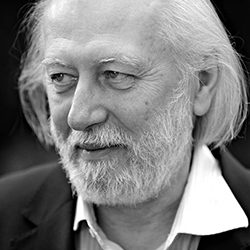
László Krasznahorkai (Gyula, Hungría, 1954), premio Nobel de Literatura 2025, recorrió durante años el país después de estudiar en Budapest y ejerció diversas profesiones en pueblos y ciudades de provincias. Acantilado ha publicado Melancolía de la resistencia (2001)—con la que se presentó a los lectores en lengua española—, Al Norte la montaña, al Sur el lago, al Oeste el camino, al Este el río (2005), Guerra y guerra (2009), Ha llegado Isaías (2009), Y Seiobo descendió a la Tierra (2015), Tango satánico (2017), Relaciones misericordiosas (2023) y El barón Wenckheim vuelve a casa (2024). Varias de sus obras han sido llevadas al cine. En 2004 recibió del Gobierno húngaro el Premio Kossuth, uno de los más prestigiosos de su país, por el conjunto de su obra; en 2015, el Man Booker International; en 2021, el Premio Austríaco de Literatura Europea, y en 2024, el Premio Formentor de las Letras.
Foto: Hartwig Klappert
Descubre más sobre László Krasznahorkai Foto: Hartwig Klappert
Recibe novedades de László Krasznahorkai directamente en tu email
Opiniones sobre THE WORLD GOES ON
¡Sólo por opinar entras en el sorteo mensual de tres tarjetas regalo valoradas en 20€*!









